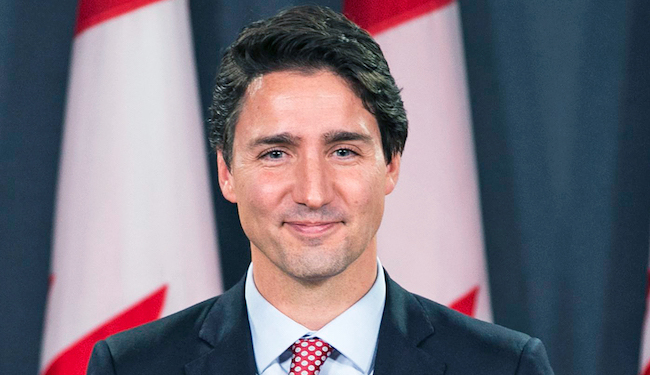House of Representatives may not bat an eyelid in overriding President Muhammadu Buhari on the yet-to-be assented electoral amended bill.
This is because the constitutional 30 days window given to the president to give his assent or withhold same to the bill of the national assembly has elapsed.
Sunday, December 19, 2021 was the deadline, marking exactly 30 days the bill was transmited to the President to sign it into law.
As at now, there is no communication from the President to the House on whether he will be giving or withholding his assent to the bill.
Barring any last minute eventuality, the National will be vacating on Tuesday for the 2021 Christmas holidays.
Resumption is expected to be in the second week of January, 2022.
Section 58 (4) of the 1999 (as amended) stipulates that “Where a bill is presented to the President for assent, he shall within thirty days thereof signify that he assents or that he withholds assent.”
Similarly, section 58 (5) provides thus “Where the President withholds his assent and the bill is again passed by each House by two-thirds majority, the bill shall become law and the assent of the President shall not be required.”
The implication of this section is that If the President withholds his assent and it is again taken to both Houses of the National Assembly, two-thirds majority of both Houses must pass the Bill.
If two-thirds majority in each House pass the Bill, then that Bill becomes law and the Presidents’ assent i.e. approval is no longer needed or required.
It will be recalled that two major contentious clauses in the bill were the electronic transmission of election results and the direct mode of primaries for political parties to choose their candidates for elections.
Amidst the debate on the two clauses, however, the electoral umpire, Independent National Electoral Commission, INEC has repeatedly cleared the air, saying those are no issues.
In their different reactions to the deadline, some members of the House who spoke exclusively to Vanguard on Sunday said they will override the President to make the bill a law.
The House should veto the President-Hon. Ifeanyi Momah, representing Ihiala federal constituency of Anambra State
“It is simple. The House should veto. That is the most conscionable and honorable thing to do, considering the level of “political awareness” and “Get involved” spirit from everyone. Just open up the system for all and sundry with no exceptions.
“I ‘ll lobby for NASS to override the President- Hon. Henry Nwawuba, member representing Mbaitolu/Ikeduru federal Constituency of Imo State
“The electoral act amendment is perceived from different perspectives by different stakeholders. For those who want Direct Primaries they are unable to weigh in on the weightier matters of the amendment particularly in relation to enthroning electronic voting options as a way to deepen our democratic experiences.
“What worries me is that we do not throw the baby out with the bath water. I will lobby, support and campaign vigorously for us to invoke section 58 sub 5 of the 1999 Constitution and go ahead and override Mr. President so that the Bill become Law.
“The Bill contains many innovations that promote transparency to our democratic experiment, concerning the electronic transmission of election results and the mode of selecting candidates by political parties during primaries.
President’s problem is electronic transmission of election results ember representing Obio/Akpor- Hon. Kingsley Chinda, member representing Obio/Akpor federal constituency of Rivers State
“The President is only toying with the psychic of Nigerians. His problem with the electoral act is not the direct primaries but the direct transmission of results from the units. They do not want direct transmission and are only using the direct party primaries as an excuse.
“I will only say that power comes from God, the antics of the President and some of his party members will not stand if God does not permit.
“I have long lost hope in the ability of the 9th NASS to confront the Executive on behalf of Nigerians when the Senate President unapologetically said that whatever the President wants, he will do. I hope to be disappointed or proved wrong by NASS successfully overriding the President.”
However, a former member of the House who represented Jos North/Jos South Federal Constituency of Plateau State, Hon Edward Pwajok, SAN, said that the President can still respond even after the time has elapsed.
“The President can still respond after the one month the Constitution has provided for him to sign or decline assent to bills sent to him. The National Assembly has to decide whether they want to override the President’s veto.
“Presidential veto arises where the President formally communicates his decision declining assent or is implied where he does not do anything on the bill sent to him after 30 days. The National Assembly can only override the veto by two thirds majority of all the members of each chamber of the National Assembly, so the National Assembly leadership
must be satisfied that they have the numbers to override the veto before embarking on that course and if they do, the bill must undergo the same procedure of three readings, though it can be fast tracked.
“In between the one month and when the National Assembly decides on the next line of action, the President can still validly communicate his decision. The 30 days is not a time limit for him to act. Section 58 of the Constitution is the provision that guides and regulates passage of bills and assent or veto override.”





